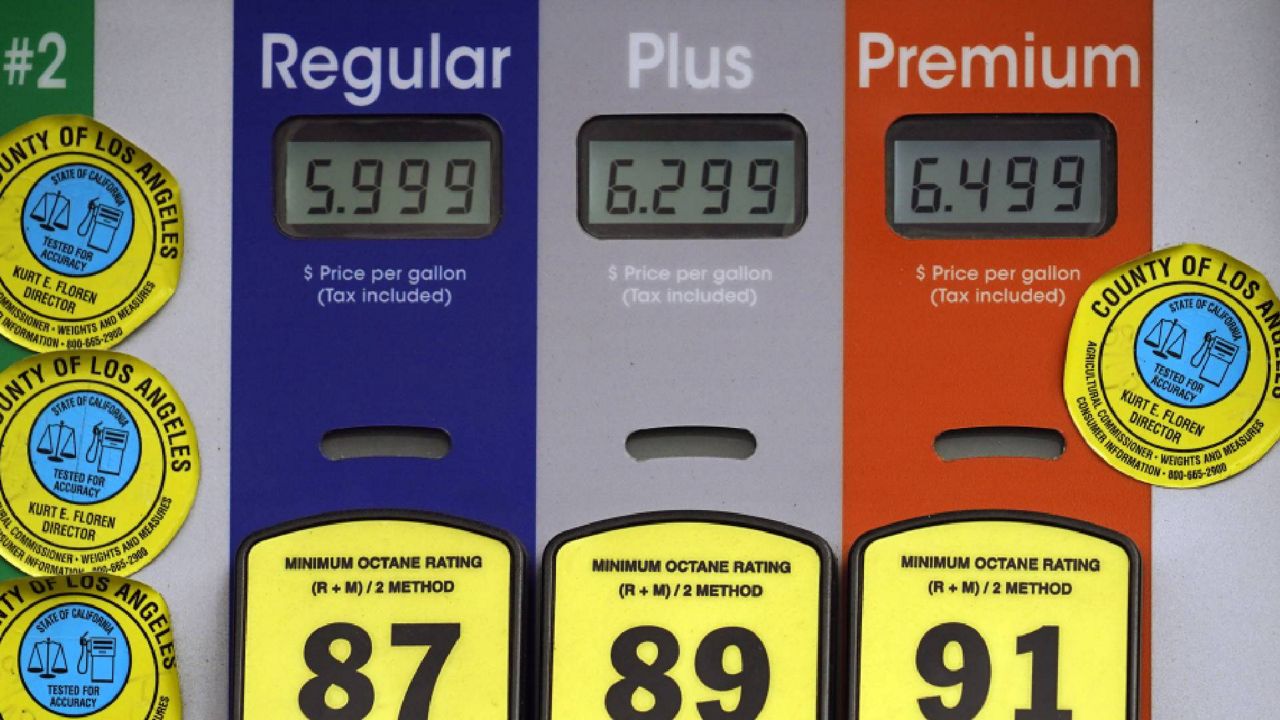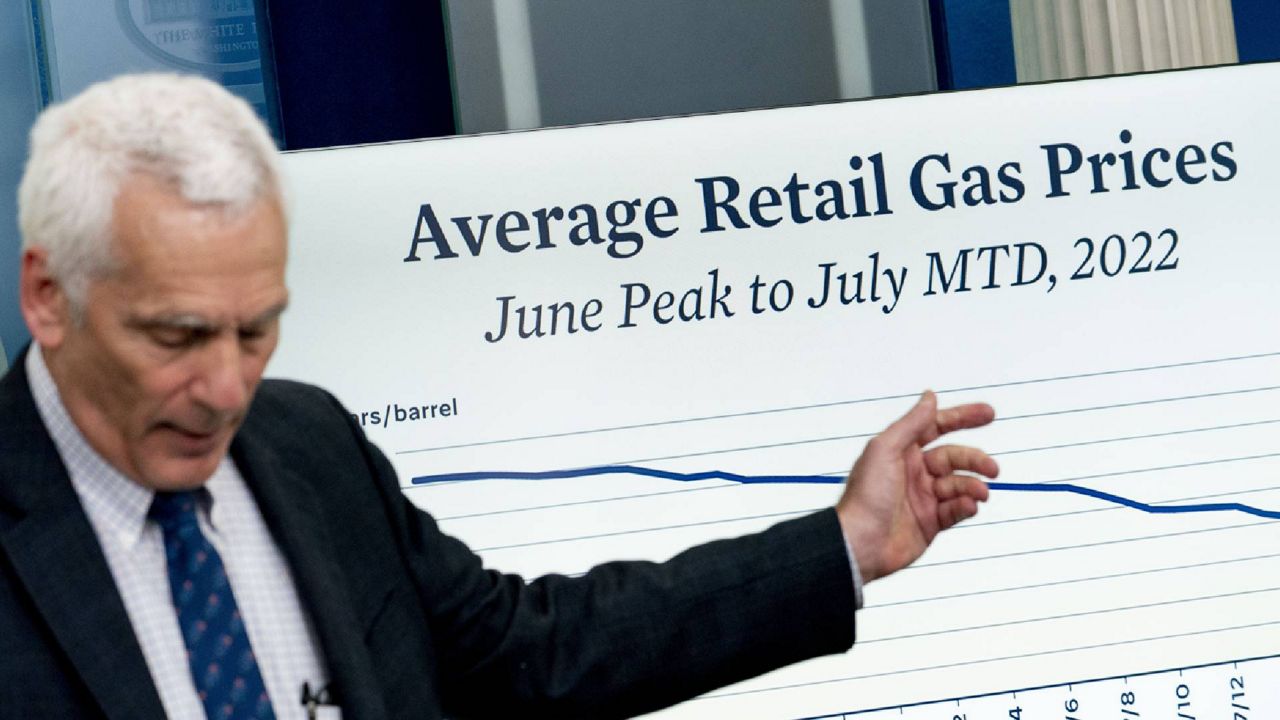As the U.S. monitors the continued Russian buildup of troops on Ukraine’s border and President Joe Biden warns an invasion is “distinctly possible,” there is one potential impact that could be felt most clearly here at home: Higher gas prices.
Prices at the pump are ultimately dependent on the global oil market, and Russia is the third largest oil producer in the world. While Russia mostly exports its oil to Europe, any disruption to the market and the world’s oil supply would be felt across the globe, experts say.
“The average American is going to feel it in the wallet right away,” Ed Hirs, an energy fellow at the University of Houston, said of a potential invasion.
“For a one percent decrease in supply, we can see the price of oil go up 20 to 25 percent,” Hirs added, citing his previous research.
Oil supply could be impacted in two ways if fighting breaks out: The U.S. could impose sanctions on Russian energy exports, and any conflict within Ukraine would also disrupt the flow of oil.
“The role that Ukraine plays is primarily as a transit state through which Russian energy products can move,” said Gregory Brew, a Kissinger Fellow at Yale University who specializes in security studies and global affairs.
And possible sanctions on Russian oil, Brew said, could have an “immensely destabilizing effect in the short term” that could produce shortages in Europe and be felt in the U.S. as well.
Crude oil prices have already been steadily increasing in the last few months, partly due to pandemic demand that’s kept prices high but more recently because of concerns about a potential Russia-Ukraine conflict.
Brent Crude Oil surpassed $95 per barrel on Wednesday, inching the price closer to the $100 mark.
President Biden on Tuesday gave Americans a stark warning about energy costs.
“There could be impact on our energy prices, so we are taking active steps to alleviate the pressure on our own energy markets and offset rising prices,” he said. “We’re prepared to deploy all the tools and authority at our disposal to provide relief at the gas pump.”
But it’s unclear how much power the president or his administration has to alleviate rising prices, experts told Spectrum News.
For one, Biden previously tapped into the U.S. Strategic Petroleum Reserve to begin the release of 50 million barrels of oil in late 2021, and he could do that again.
“In many ways, that's the only tool that he has as far as alleviating impacts in supply,” Brew said. “As far as changing the price, that's something that the president doesn't really have a whole lot of control over.”
White House press secretary Jen Psaki on Wednesday also said that the administration had also been “in touch with allies and partners” to coordinate on the potential impact of a Russian invasion, “both for natural gas and oil prices on the market.”
Both Brew and Hirs said that is a tricky strategy and could potentially take too long.
“In the short term, there would be an immediate impact on prices,” Brew said.
Democrats in Congress have also proposed a suspension of the federal gas tax for the rest of the year to bring down costs, but the legislation faces a rocky path ahead.
As of Wednesday, it was unclear whether Russian President Vladimir Putin has decided to invade Ukraine, and U.S. officials have said they’re still firmly committed to a diplomatic option. Tens of thousands of Russian troops remain stationed near Ukraine’s border.
Ultimately, Hirs said, the U.S. is vulnerable on gas prices because it’s part of a global market that includes the influential Organization of the Petroleum Exporting Countries (OPEC).
“The United States has never been energy independent, as far as oil goes,” Hirs said, adding later: “Trickling out 50 million barrels because OPEC won't lower the price is really just a fool's errand. If OPEC wants the price high, they can keep it high.”








